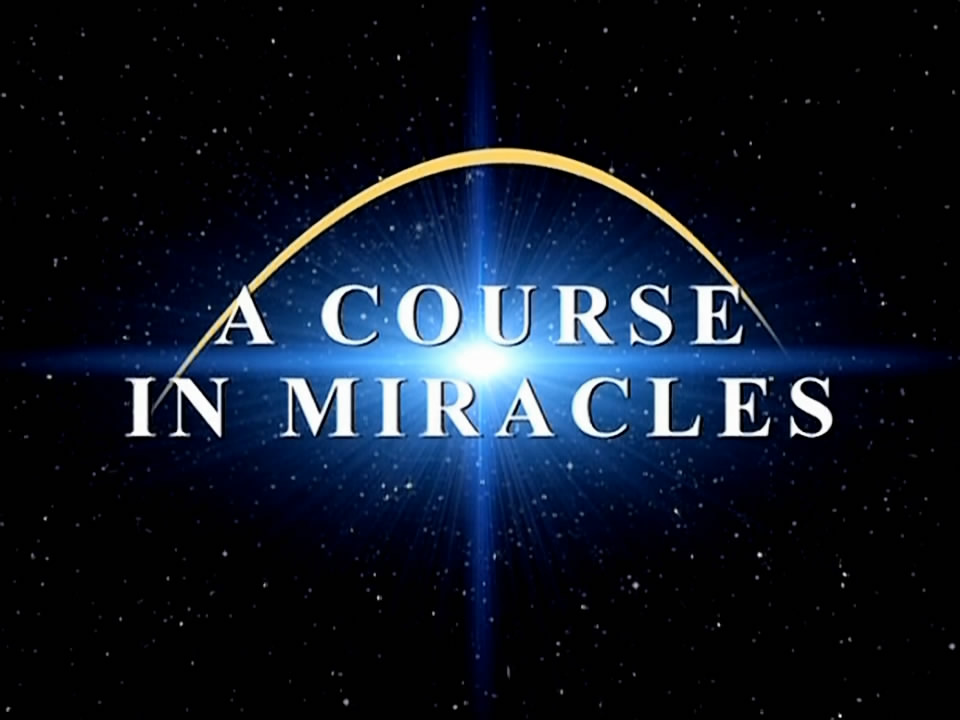
Talking Tapes – All About the Benefits of Audio Books
AlexJones
- 0
- 485
Audio books were originally created in 1932 by the American Foundation to the Blind for one main purpose: as a learning tool for the disabled. At this point in time, a record player was used to record the audio a course in miracles. It wasn’t until 1952 that the first compact audio cassette was released by Caedmon, the first commercial publisher of audio cassettes.
It was a collection of short stories and poems entitled A Child’s Christmas in Wales and Five Poems; it was both written and read by Dylan Thomas. While the original intent of audio books was merely to provide a learning tool for the blind, they have come to serve so many more purposes in today’s society. Audio books have so many advantages–using audio tapes can benefit just about everyone.
The need for audio cassette books has created a new, profitable industry. In 2002, the audio book industry was estimated to be valued at two billion dollars. The growth rate from 1996 to 2002 was forty-one percent.
Currently, there are approximately 25,000 titles on audio cassette, CD, or that can be downloaded off of the internet. The need for audio cassette books has provided a slew of new jobs in the industry.
The three main people involved in the creation of an audio cassette tape are: the director or producer, the abridger, and the audio engineer. The director serves as a go-between for the original author and the abridger, and is also responsible for making sure that the story reads smoothly. The abridger ensures that the audio version of the book is faithful to the original story. Finally, the audio engineer is responsible
There are many ways in which audio books can be beneficial to society, but among them is the obvious advantage: they serve as an excellent learning tool. In addition to all of the books that have been recorded on tape, textbooks have been recorded on tape and CD as well. This makes is easier for students, especially if they are involved in some sort of distance learning education.
Other learning tools that have been transferred to audio books are lecture notes. This is helpful if, for example, a college student is out sick and misses a lecture given by their professor. They can simply purchase or download the lecture for their listening pleasure. Yet another way that audio books have been used for educational purposes is to teach another language. Many adult students have used audio cassette books to learn a foreign language.
These books are also helpful to immigrants who need to learn the language native to the country they now live in. Yet another way that audio books have been used in education are as self help books. Information and instructions have been recorded on all sorts of topics, such as meditation or public speaking. Such audio cassette books can offer a skill or life improvement.
Teachers have found audio books to be useful in the classroom. They can be helpful in introducing students to books that are above their reading level, aid students with pronunciation of large words, and they can introduce new vocabulary to students.
